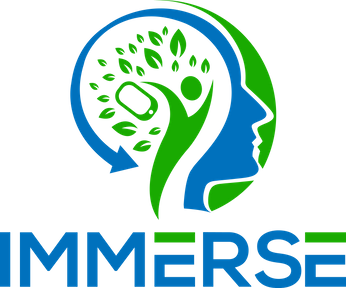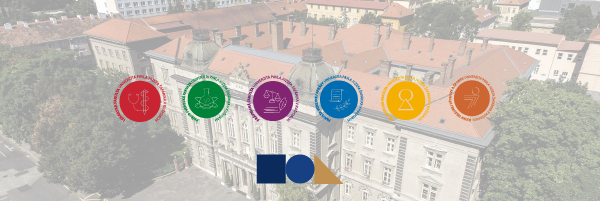
The implementation of Digital Mobile Mental Health in clinical care pathways: Towards person-centered care in psychiatry
IMMERSE
IMMERSE (Implementing Mobile MEntal health Recording Strategy for Europe) brings together an interdisciplinary group of researchers with the aim to advance the transformation of mental health care in Europe into true person-centered care. We strongly believe that treatment should be particularly focused on the needs of each individual seeking help for mental health problems, while these individuals should also have a more active role in their treatment process and decision-making.
IMMERSE will therefore build on 20 years of experience using Experience Sampling Methodology (ESM), a structured diary technique, as the methodology that puts the service user at the heart of their treatment. Within IMMERSE, we aim to further transform ESM into an innovative, clinical digital health tool, Digital Mobile Mental Health (DMMH), in close collaboration with stakeholders, while also specifically evaluating the implementation of this tool in routine mental health care in four countries in Europe.
By conducting a thorough implementation study including identifying and overcoming several barriers for implementation, we aim for a further scale-up of DMMH in routine clinical healthcare, thus offering a unique potential to significantly innovate mental health care in Europe and beyond.
Mission: To enhance person-centered mental healthcare.
Vision: To develop a monitoring technology that can provide practitioners with valuable insight into the daily lives of their clients and assist clients in gaining greater insight into/in obtaining an increased understanding of their own mental health.
Why?:
- ESM may strengthen client engagement and empowerment, as it identifies the client as the expert of his or her experience which makes them active partners in their own treatment.
- Self-monitoring through ESM may improve client self-management and recovery as it provides the client with a tool to improve their understanding of their own mental health problems, as well as to manage these problems more effectively.
- ESM data may provide goal direction in clinical assessment and management of care, as the detailed, granular and personal information on patterns of associations between symptoms, key problem areas and their contexts will help clinicians to come to clear, actionable and personalized therapy goals as well as improve overall management of care.
- ESM may enhance shared decision making as it provides the highly needed relevant and qualitative day to day information on key problem areas and relevant contextual factors, that is needed for making treatment decisions and evaluating progress of treatment together.
Programme: H2020
Call: H2020-SC1-2020-Two-Stage-RTDH2020-SC1-2020-Two-Stage-RTD
Project duration: 1.04.2021 – 31.03.2025
Responsible persons:
Mgr. Iveta Rajničová Nagyová, PhD., FABMR.
Consortium:
- KU LEUVEN (coordinator)
- CENTRAL INSTITUTE OF MENTAL HEALTH, MANNHEIM
- UNIVERSITY OF EDINBURGH
- COMENIUS UNIVERSITY BRATISLAVA
- PAVOL JOZEF SAFARIK UNIVERSITY KOSICE
- MOVISENS GMBH
- TMF
- FRIEDRICH-ALEXANDER-UNIVERSITÄT ERLANGEN-NÜRNBERG
- UNIVERSITY HOSPITAL HEIDELBERG
This project has received funding from the European Union’s Horizon 2020 Research and Innovation Program under Grant Agreement No. 945263.




